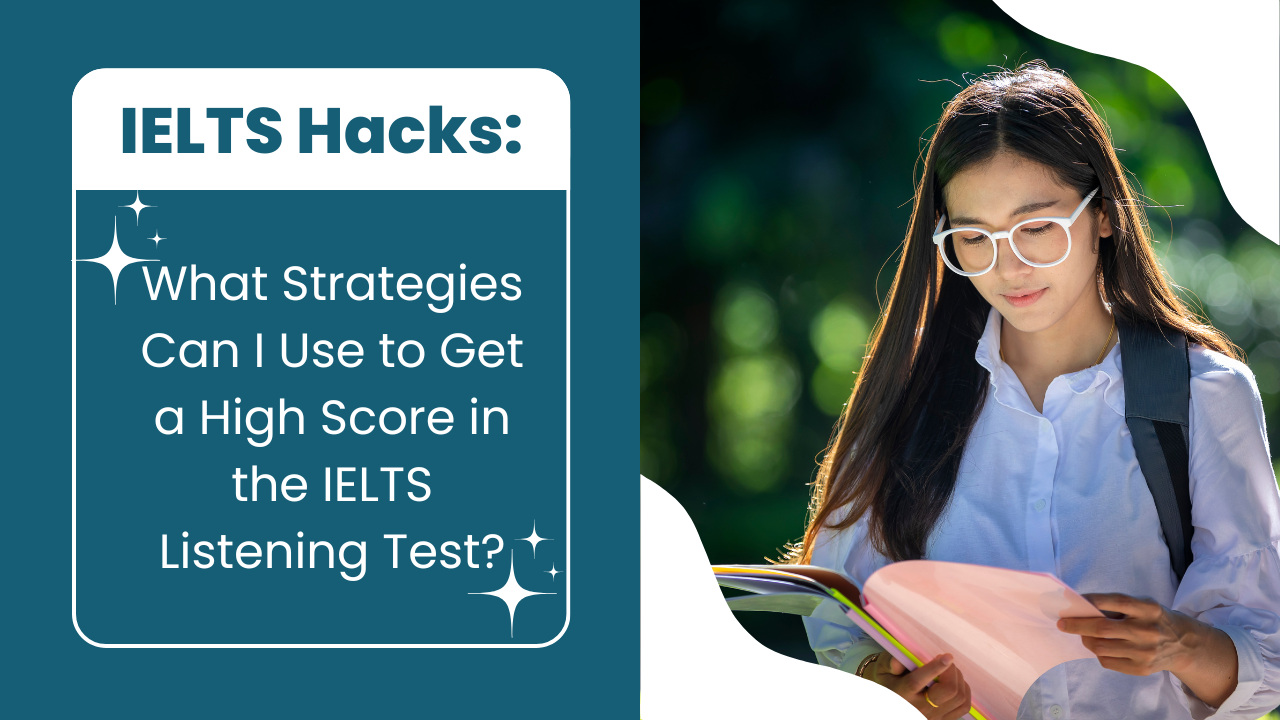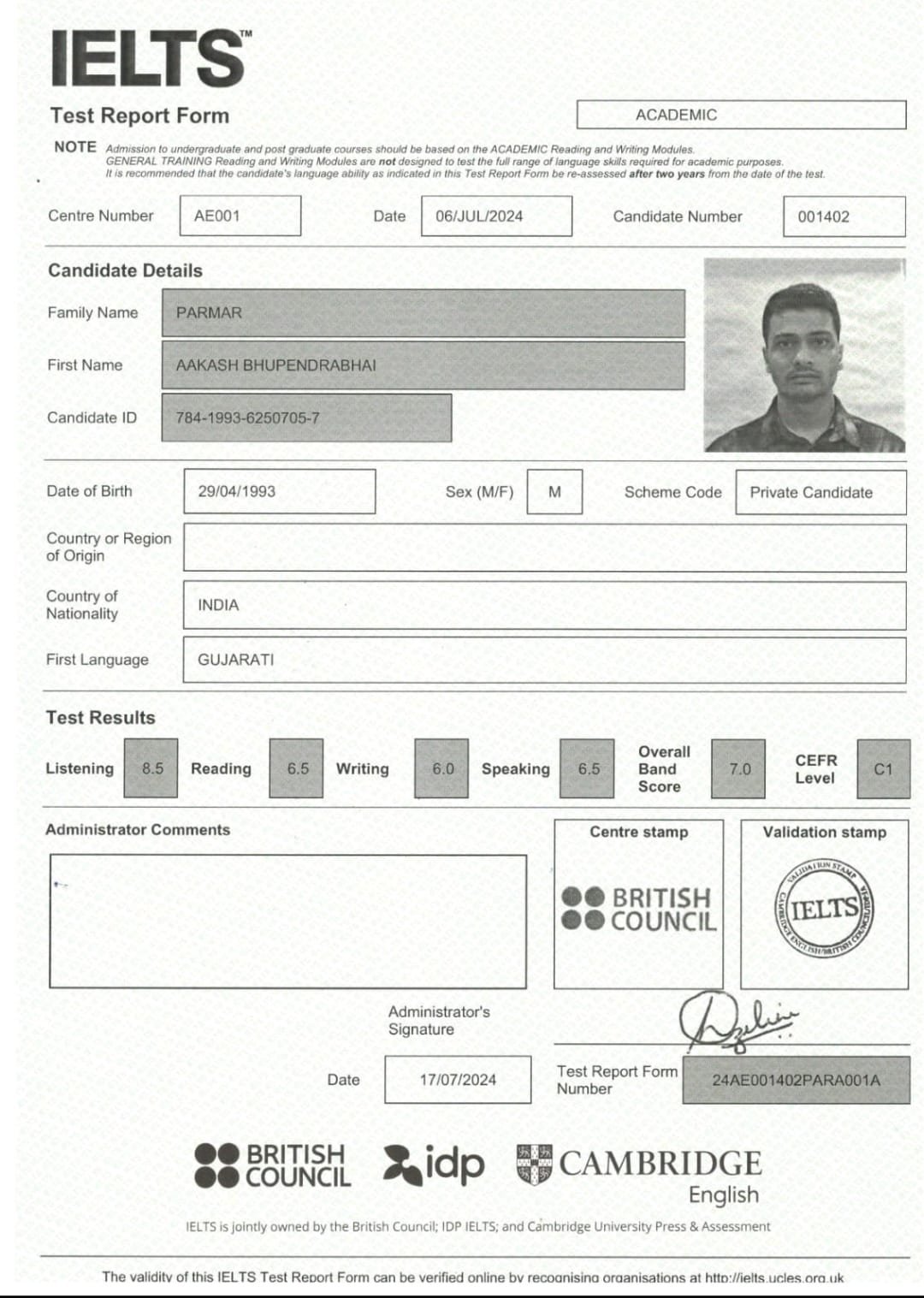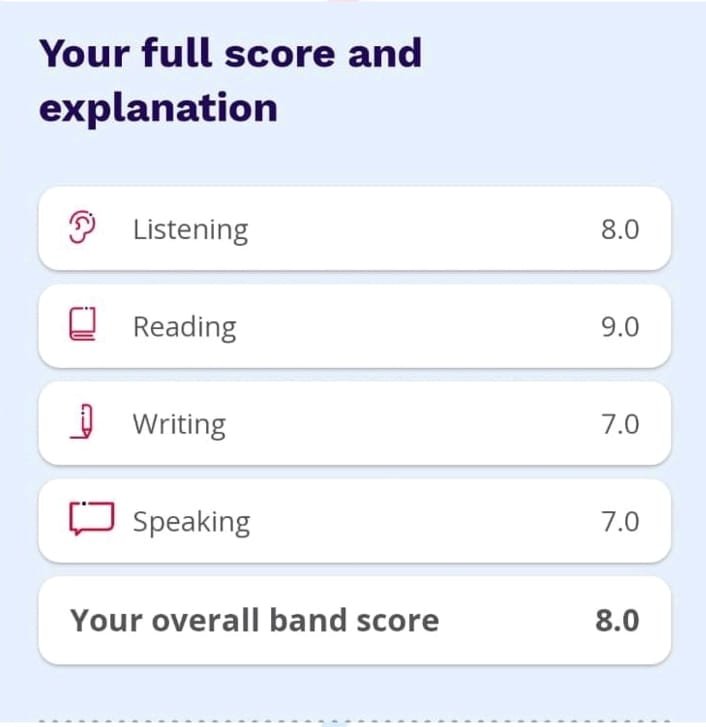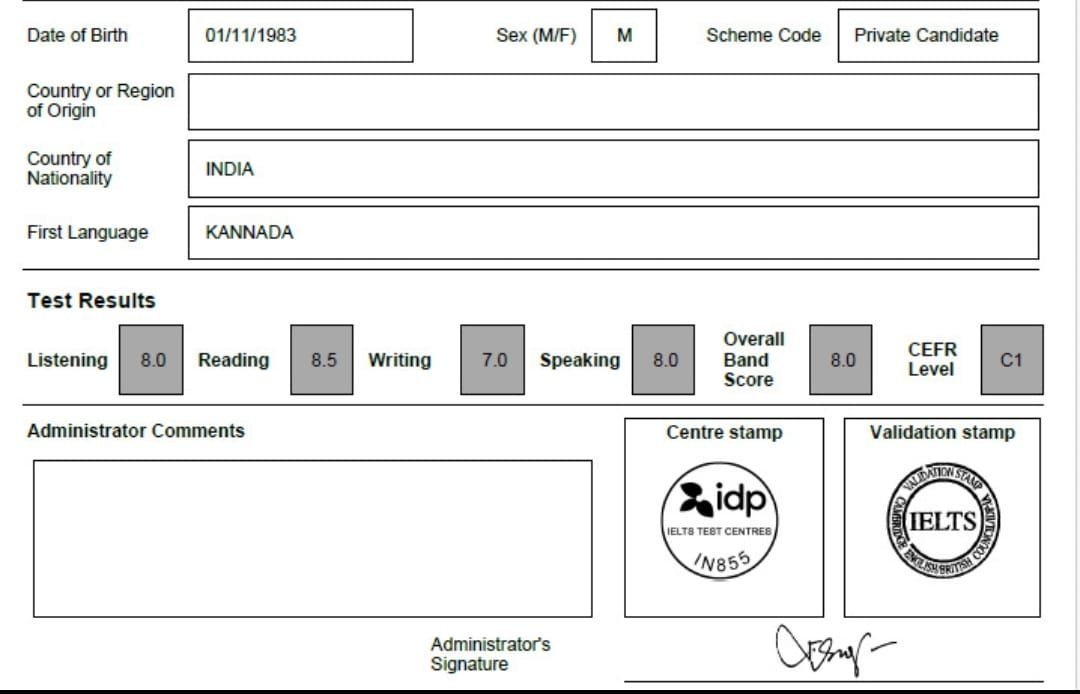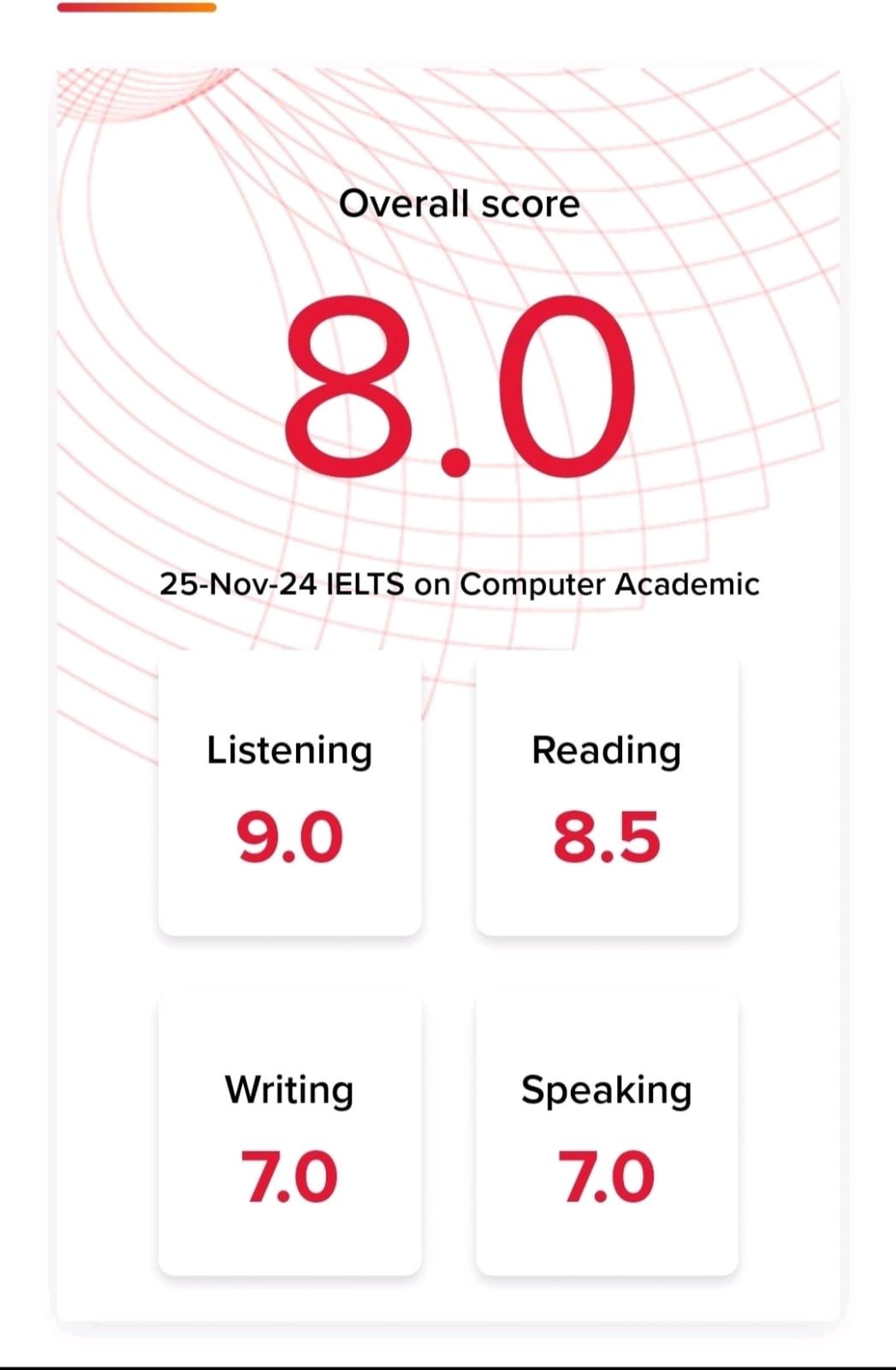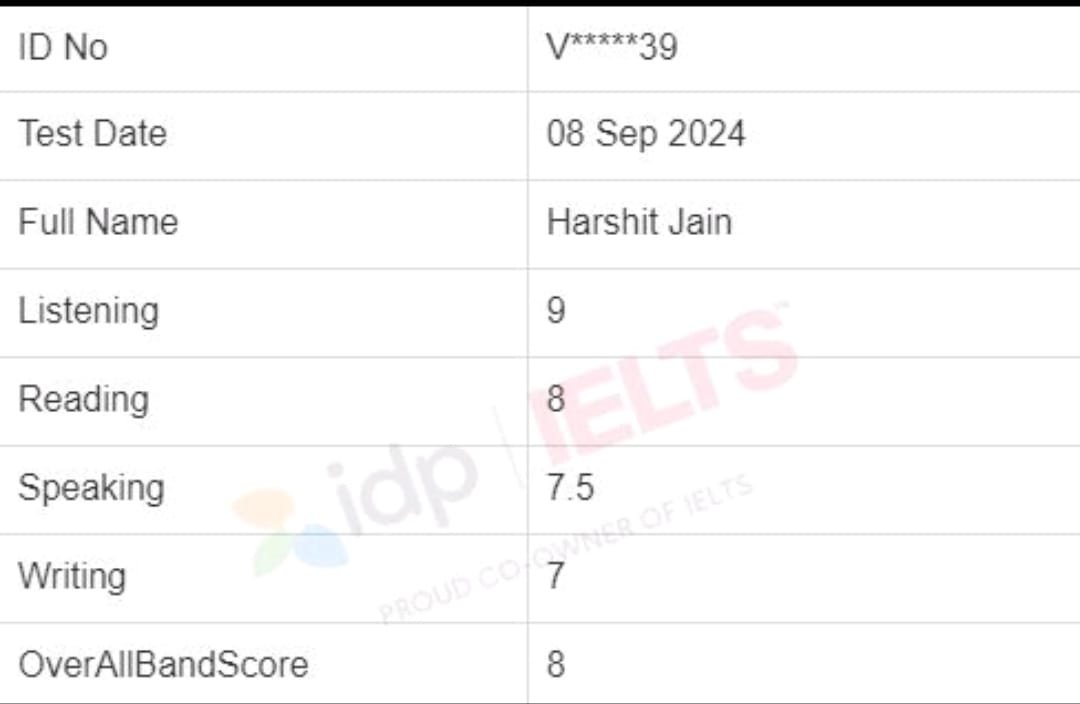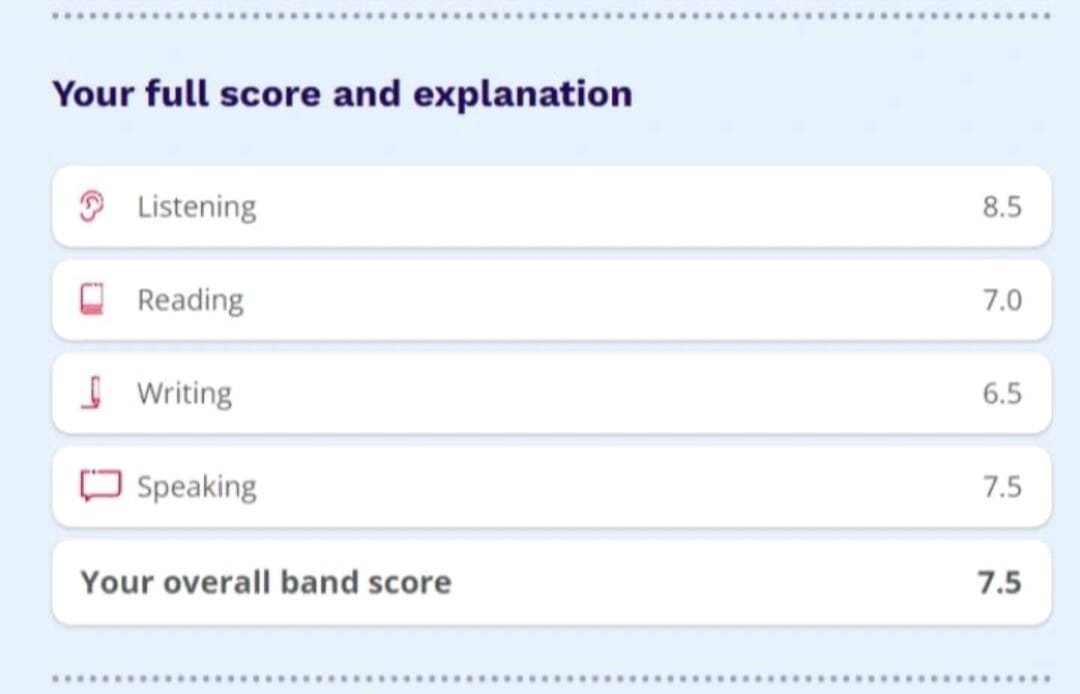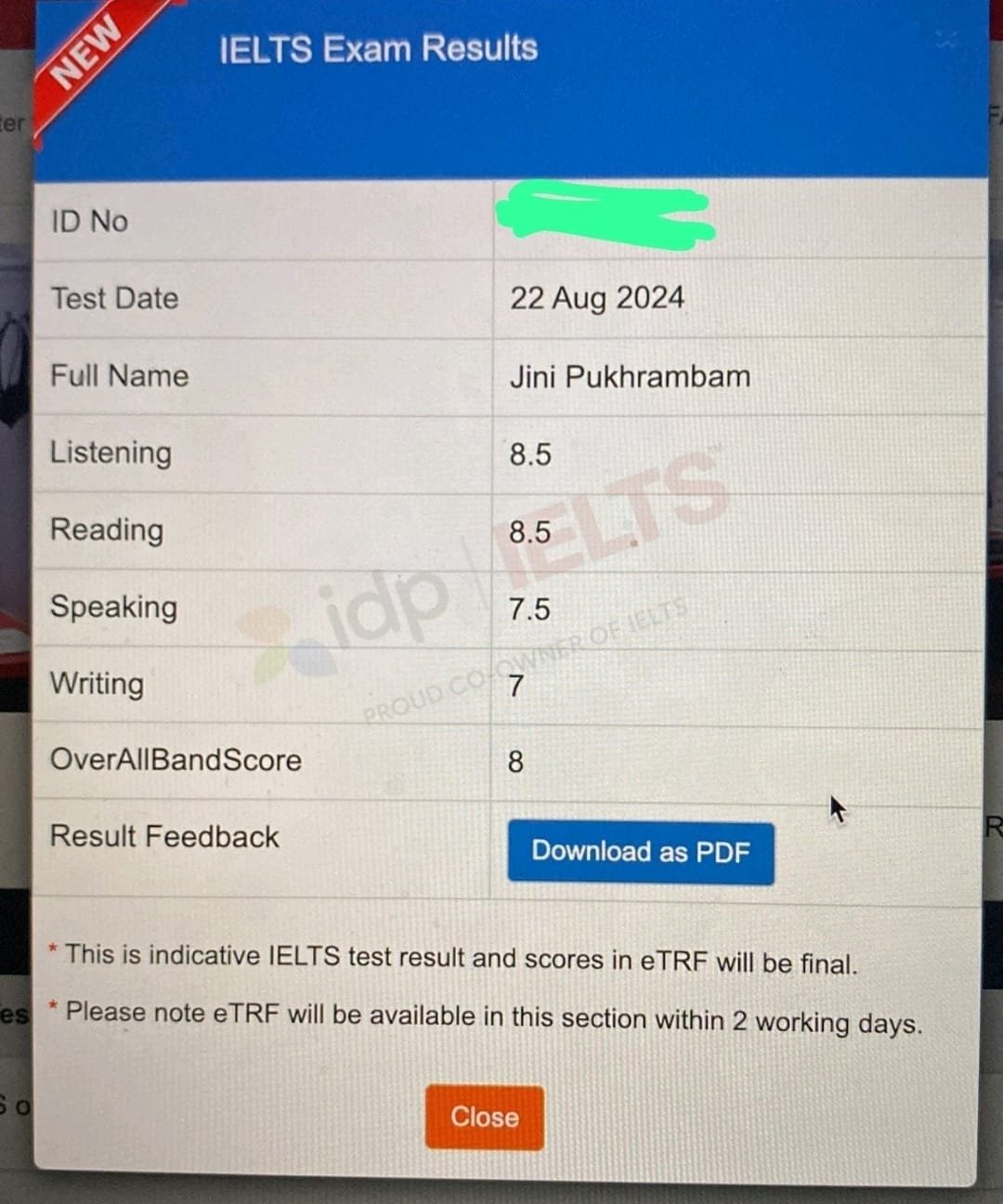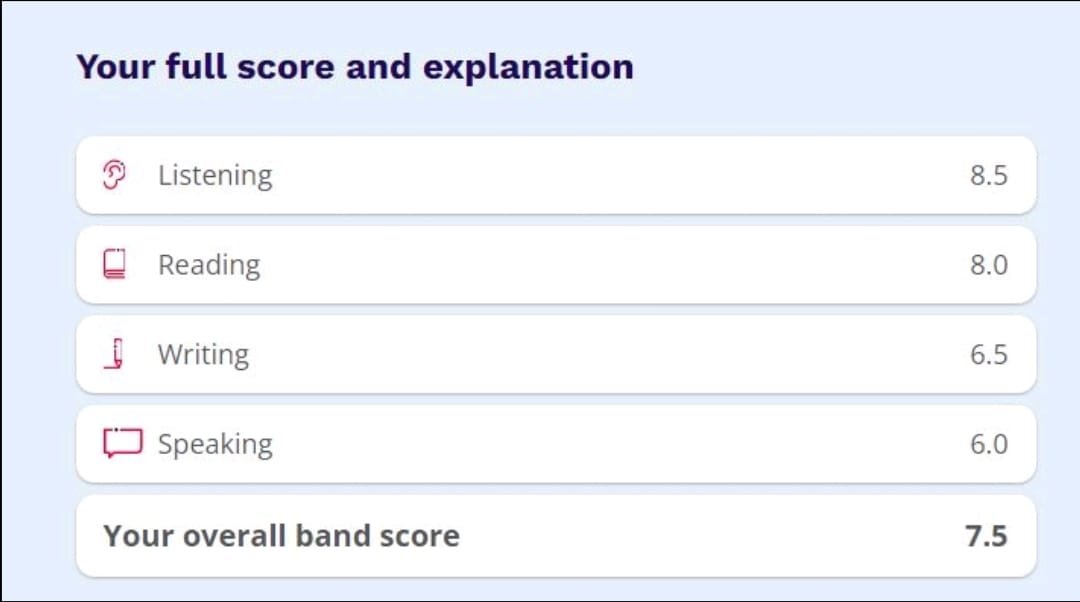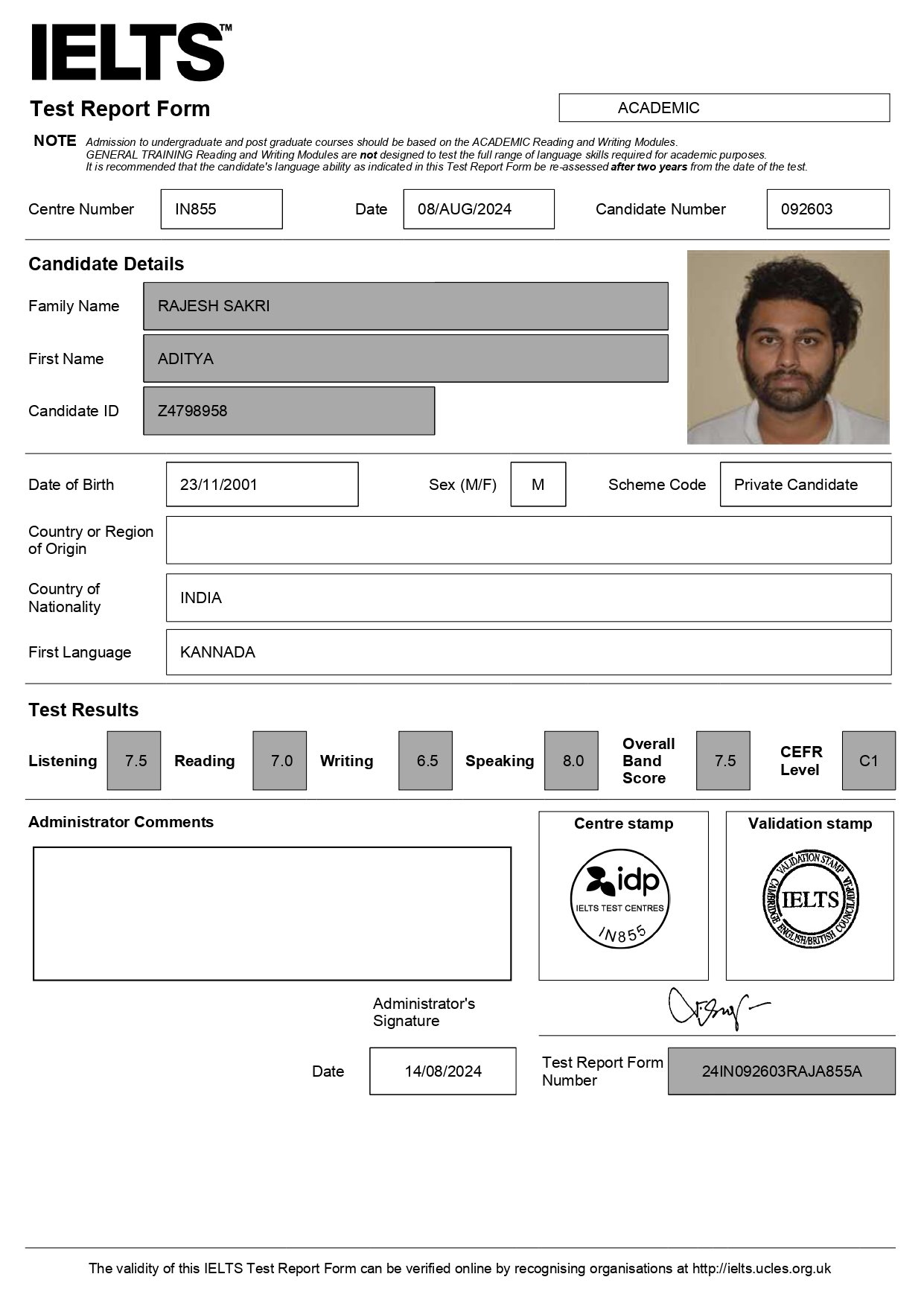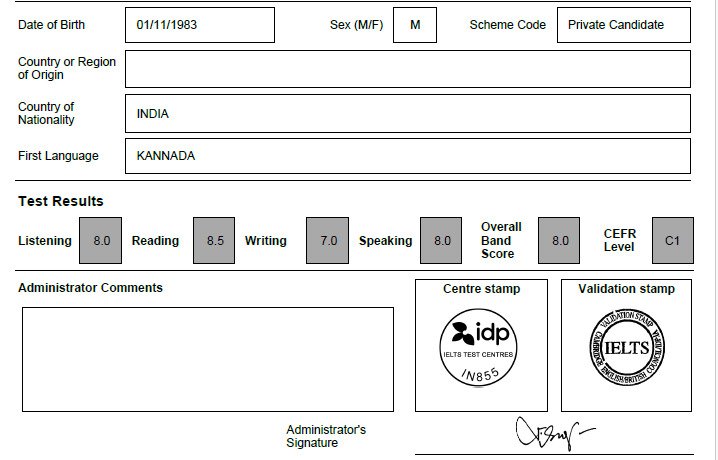
I’ve taught thousands of students with all kinds of problems, but the most common one I see has to do with IELTS Listening. It could be difficult initially, but the encouraging thing is you can enhance your listening skills with effective approaches and practice which will land you a high band score on the IELTS exam!
In this blog, I am going to provide some useful tips and techniques that my students have found beneficial in the IELTS Listening test.
Understanding the IELTS Listening Test Format
The number of questions in the IELTS Listening test is a total of 40 questions, divided into 4 chapters. Each section shows a different type of conversation or monologue. For example:
Section 1: A conversation between two people in an everyday social context (e.g., booking a hotel room or inquiring about a course).
Section 2: A monologue related to an everyday situation (e.g., a speech about local facilities).
Section 3: A conversation between up to four people in an educational or training setting (e.g., a student discussing a project with a tutor).
Section 4: A monologue on an academic subject (e.g., a lecture on climate change).
Now that you understand the structure, let’s dive into the strategies that will help you excel.
For top-quality IELTS preparation online, check out my resources.
1. Familiarize Yourself with Different Accents
Different English accents are used in IELTS Listening recordings, including British, American, Australian, and Canadian. To get ready for this, practice [listening with various accents on] podcasts, news channels, and YouTube videos. I recommend some great sources like BBC News, TED Talks, and NPR.
2. Improve Your Note-Taking Skills
During the test, you won’t have time to write full sentences. Instead, develop a system of shorthand or symbols that allow you to capture key details quickly. Practice summarizing key points while listening to lectures or interviews.
3. Read the Questions Before Listening
Before each section begins, you’ll have some time to read the questions. Use this time wisely to predict the type of answers you need. Look for keywords and think about synonyms, as the exact words in the question may not be used in the recording.
4. Pay Attention to Signpost Words
Signpost words help you follow the conversation and anticipate important information. Common signpost words include:
- Introducing information: “First,” “To begin with”
- Adding information: “Moreover,” “Additionally”
- Contrasting ideas: “However,” “On the other hand”
- Examples: “For example,” “Such as” By recognizing these words, you can stay on track and avoid getting lost.
5. Don’t Get Stuck on One Question
If you miss an answer, don’t panic! The recording continues, and if you spend too much time worrying about a missed question, you may miss the next ones too. Move on and try to answer as many questions as possible.
6. Watch Out for Distractors
IELTS Listening tests often include distractors—misleading information meant to confuse you. For example:
- The speaker may first mention a wrong answer before correcting themselves.
- Two people may provide different answers before agreeing on the correct one. To avoid falling into these traps, listen carefully to the whole sentence before writing your answer.
7. Practice with IELTS Sample Tests
Practicing with real IELTS Listening tests will familiarize you with the test format and improve your listening speed. Websites like the British Council, IDP, and Cambridge IELTS books provide authentic listening practice.
8. Develop Your Listening Endurance
Since the IELTS Listening test lasts around 30 minutes, it requires sustained concentration. Train yourself by listening to podcasts or lectures without subtitles for at least 30 minutes daily.
9. Work on Spelling and Grammar
Incorrect spelling or grammar can cost you points, even if your answer is otherwise correct. After completing practice tests, review your mistakes and note any spelling errors.
10. Use the 10-minute Transfer Time Wisely
At the end of the test, you’ll have 10 minutes to transfer your answers to the answer sheet. Use this time to:
- Double-check spelling and grammar.
- Ensure all answers are legible and in the correct format.
- Review answers for any careless mistakes.
Final Thoughts
Scoring high in the IELTS Listening test is not just about having good listening skills—it’s about using the right strategies effectively. By practicing regularly, exposing yourself to different accents, and following these expert tips, you can boost your confidence and improve your score.
If you need more guidance, consider joining an IELTS Online Coaching program or using an eBook for IELTS to strengthen your preparation.
For any inquiry, I am one tap away – WhatsApp

